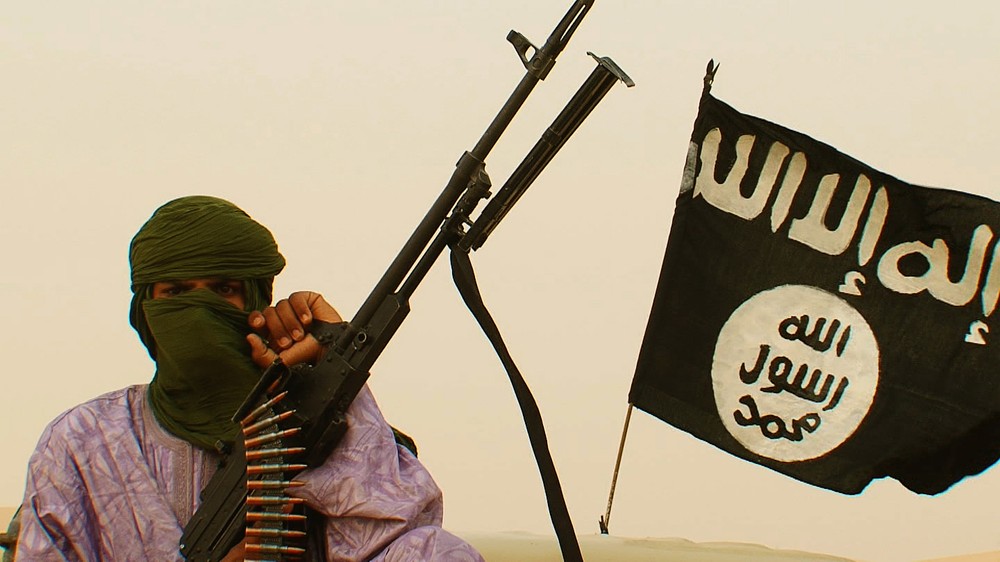

The Taliban, mostly Pashto-speaking southern Sunnis, have been accused of ethnic cleansing by targeting Tajiks and Shiite Hazaras. “Appealing to them to adhere to international law is pointless.” They don’t allow girls to go to school or women to wear what they want,” he said, speaking anonymously because he was not authorized to speak to the press. They don’t care about humanity and basic rights. “The Taliban’s modus operandi is rule through violence. The Jamiat-e Islami party, led by Salahuddin Rabbani, a former deputy foreign minister and son of a former president, made a rare statement imploring the United Nations Security Council and international community not to “ignore the growing crimes of the Taliban.” Afghanistan Freedom Front accused the Taliban of war crimes and genocide, and it said they continue to abduct and kill civilians.īut such appeals are fruitless, said another security source who expected Taliban brutality to escalate as the group, comprised of terrorists in most senior positions, “revert to type.” Other nonaffiliated groups, like the Afghanistan Freedom Front and a group led by the former warlord-politician Atta Mohammad Noor, are also fighting in the north. NRF leaders were not available for comment. The resistance claims success in “liberating” some districts and causing high Taliban casualties evidence, however, is not forthcoming. The National Resistance Front (NRF)-formed after the Taliban’s victory last year and led by Ahmad Massoud, alongside the former vice president of the failed republic, Amrullah Saleh-says it is fighting in the Panjshir Valley and the Andarab district in Baghlan province. If the Taliban have some divisions, the resistance has chasms. The terrorist group has not been recognized as the legitimate government of Afghanistan, but some countries-including Russia, China, Pakistan, and Turkmenistan-have accredited Taliban diplomats. Some observers say the Taliban are riven by factionalism, but there appears to be unity on issues like repressing women and banning girls from school. Women’s rights are in a headlong retreat. People of specific ethnicities and religious beliefs are discriminated against, detained, and often killed arbitrarily. The country has slipped further into hunger and poverty amid severe social repression. Since then, the Taliban have proven incapable of governance, ruling with brutality and violence.

Taliban spokespeople did not respond to requests for comment but have made statements that reports of anti-Taliban offensives are “untrue” and that “ thousands of well-equipped forces” have been deployed to contentious areas.Īlthough anti-Taliban resistance is disparate, a number of groups have declared their willingness to take up arms against the Islamists who seized power last August, after the United States led a Western withdrawal and the Afghan government collapsed after 20 years of international support. And after 40 years of conflict, an exhausted and traumatized population may shy away from more violence, even to bring an end to the Taliban’s unremitting savagery. There is no international support or supply lines, as neighboring Central Asian states backed by Russia as well as Pakistan and Iran do not want to empower an anti-Taliban resistance that could plunge Afghanistan into full-blown civil war. The main problems facing the resistance are a lack of unity, leadership, and a true cross-border haven. The Taliban-after 20 years of roadside bombings, ambushes, and reprisal killings-are now bracing themselves for an insurgency by people who know the terrain and have support from the locals. This seems to be the Taliban’s greatest fear, and the vicious response to the uprisings, including reported arbitrary executions of civilians in some hotspots, is a clear attempt to stub out any signs of support for the resistance effort. But they could dig in for the long haul, embedding among local populations and using knowledge of the terrain for a guerrilla-style hit-and-run insurgency. Resistance groups are unlikely to defeat the Taliban’s superior firepower-some of which is American war booty taken after the rushed withdrawal last year-in the short term. One resistance source said the Taliban’s acting deputy defense minister, Mullah Mohammad Fazl, has arrived in the Panjshir Valley, north of Kabul, to oversee the fight, an indication of how seriously the extremists view the budding resistance. Embers of resistance against the Taliban’s brutality are flaring up in Afghanistan, with clashes reported across the north and west of the country this week as armed resistance groups frontally take on the Islamists.įighting has been reported in a number of provinces, including Panjshir, Ghazni, Herat, and others, as anti-Taliban groups make good on pledges of a “spring offensive” and Islamists deploy thousands of fighters to quell the uprisings.


 0 kommentar(er)
0 kommentar(er)
